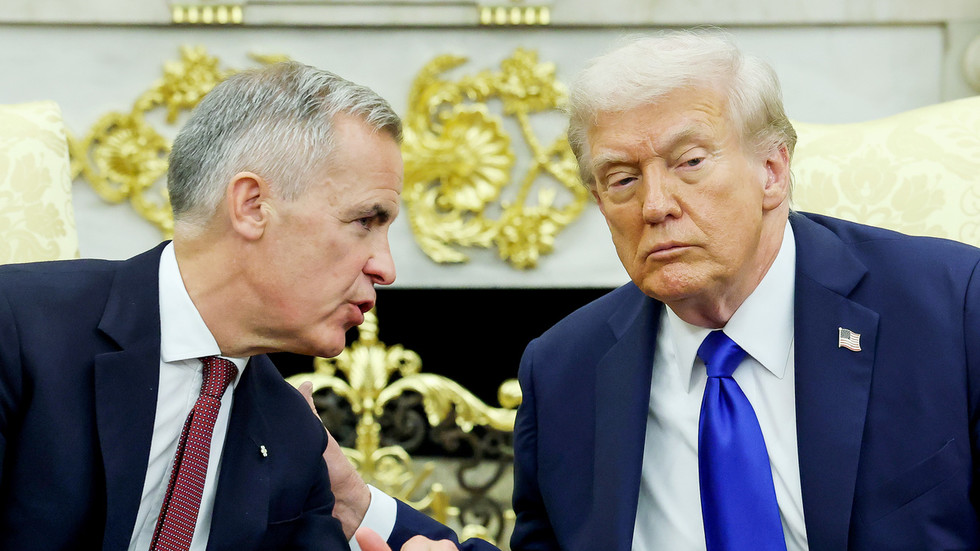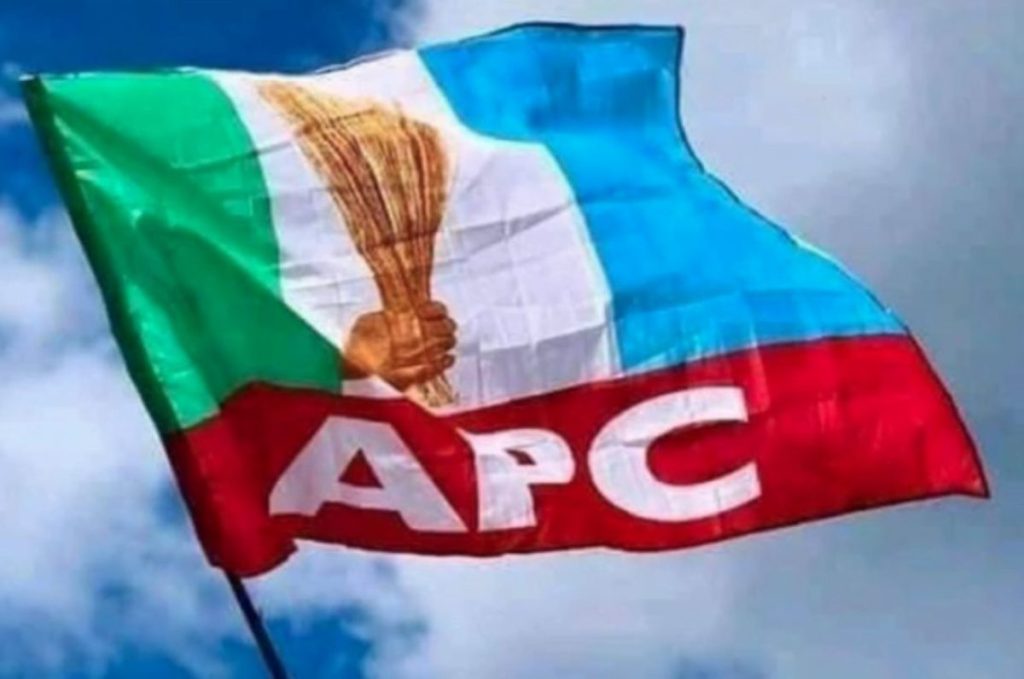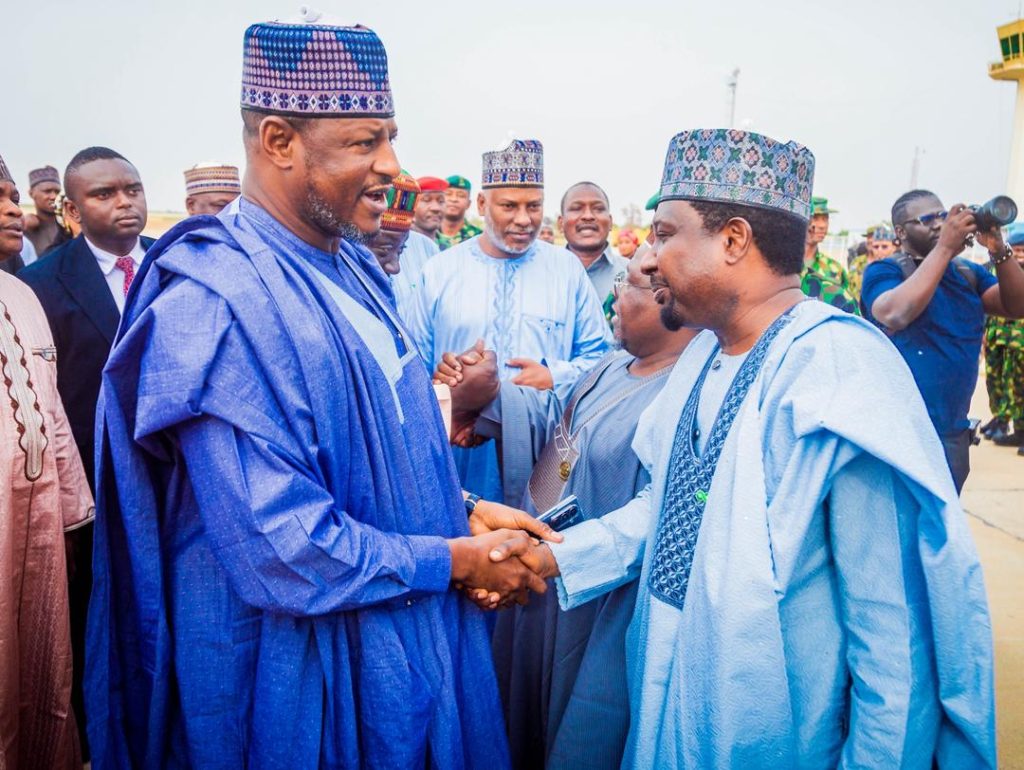IMF Clears the Air on Nigeria’s Fuel Subsidy Removal
In an effort to set the record straight, the International Monetary Fund (IMF) has denied any involvement in the removal of fuel subsidy in Nigeria. According to Abebe Selassie, the IMF’s African Region Director, the decision to eliminate the subsidy was a domestic one made by the Nigerian government. Selassie made this clarification during the IMF and World Bank Annual Meetings in Washington DC, US, emphasizing that the organization’s role in Nigeria is limited to regular dialogue, similar to its interactions with other nations such as Japan or the UK.
The removal of the fuel subsidy has had a significant impact on Nigeria, with the price of fuel skyrocketing from approximately ₦200 per litre to ₦1,200 in several parts of the country. This price hike was triggered by President Bola Tinubu’s declaration in May 2023 that the fuel subsidy was being abolished. The president’s pronouncement marked the beginning of a series of economic reforms aimed at shoring up Nigeria’s economy.
In the months that followed, the Tinubu government also floated the country’s currency, the naira, as part of these reforms. However, these twin moves have led to a sharp increase in the cost of living, with the price of essential commodities soaring and inflation reaching an alarming 32.72 per cent. The steep rise in prices has pushed basic items beyond the reach of millions of Nigerians, exacerbating the country’s economic woes.
Despite the challenges, President Tinubu has remained resolute in his commitment to the reforms, urging Nigerians to be patient and assuring them that the measures will ultimately benefit the country in the long run. To mitigate the effects of the reforms, the government has introduced a series of interventionist measures, including social protection programs for vulnerable groups.
Abebe Selassie has lauded the Tinubu government’s policies, acknowledging the significant social costs involved. However, he has also emphasized the need for the government to expand its social protection programs to shield the most vulnerable members of society from the effects of the reforms. As Nigeria navigates this tumultuous economic period, it remains to be seen whether the government’s efforts will yield the desired results and bring relief to the millions of Nigerians struggling to make ends meet.



